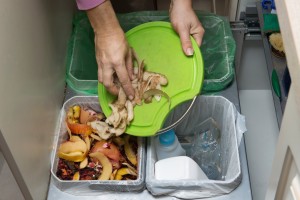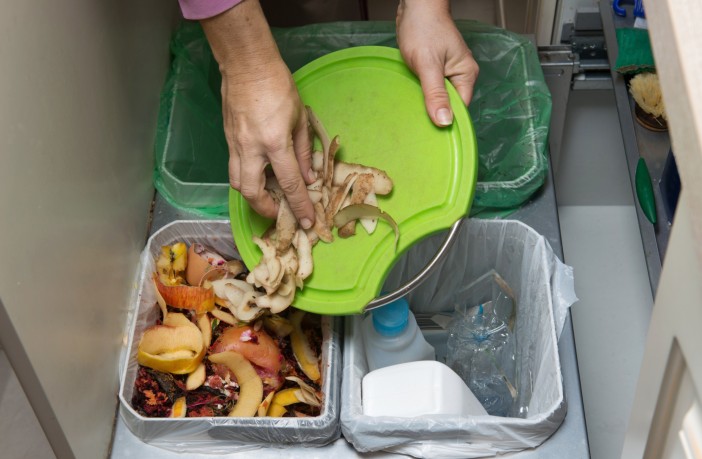African News
Victor Muisyo with Reuters

In the north-western corner of Africa, in the desert town of Dakhla, farmers are making their own animal feed using food waste.
Traditional animal feed can be expensive, but a group of Sahrawis have formed a cooperative which is now recycling leaves and discarded fruit from cherry tomato plants to make cheaper feeds for their livestock.
The process of recycling can take up to fifty days, according to the cooperative which is comprised of seven men and women.
The leaves and waste are first collected and dried in the sun for around seven days, before they are taken to a factory where they are crushed with raw tomatoes and left to ferment for 40 days.
“Both leaves and tomatoes were wasted by local farms and sometimes leaves were burnt which was polluting the city. Today, leaves are not burnt anymore. We collect them and dry them then we add tomato pulp to them and some other nutrients. We make food for all animals such as camels, sheep and cows, especially since the Oued Ed-Dahab province witnessed drought for successive years,” said Mahmoud Boudah, chairman of the farming cooperative.
The project was supported and financed by the Foundation Phosboucraa, a foundation set up to support economic and social development in the region.
Raghia Ezzaiar, head of the Saharan agricultural society at the foundation, hopes that the project will benefit all farmers and animal breeders in the province.
“Before this project, they used to burn the leaves. They were polluting the environment. They were throwing away tons of leaves as well as unwanted tomatoes. It was happening in all the local farms in Tawarta. We intervened to help the Youth Oued Ed-Dahab Farming Cooperative that is in charge of the project. The project will benefit all animal breeders in the region. It is the first initiative of its kind in the Kingdom,” she said.
The project was launched in June 2015 and will initially run until 2017, and the Foundation Phosboucraa hopes to duplicate the project with cooperatives in other parts of the Western Sahara.
At the instruction of Morocco’s late King Hassan II, a royal company pioneered greenhouse cultivation in Dakhla in 1989. It has been cultivating mainly tomatoes and melons in an attempt to break the city’s dependence on fisheries.
Morocco took over most of the Western Sahara territory in 1975 from colonial Spain, and is yet to gain fully recognized independence.
There is an ongoing conflict between the Polisario Front of the Sahrawi people and the kingdom of Morocco. To date, large parts of Western Sahara are controlled by the Moroccan government, whereas some 20–25% of the territory remains controlled by the Sahrawi Arab Democratic Republic (SADR), the Polisario state with limited international recognition.







